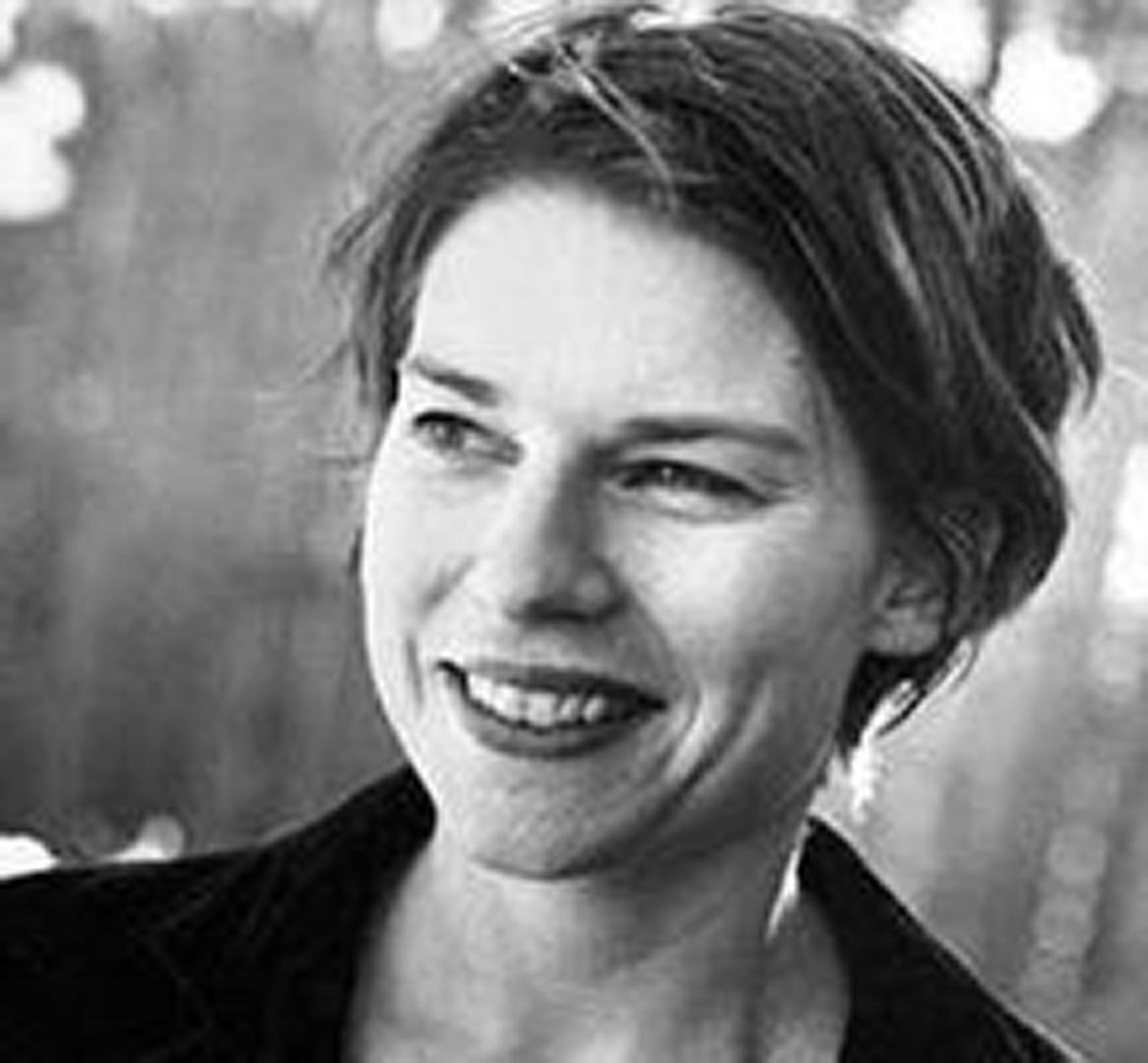Umd Creative Writing Professor Maud Casey Named 2015 Guggenheim Fellow
April 15, 2015

Casey will spend her fellowship time working on a collection of stories about patients found in 19th century medical reference books at a famous Parisian hospital.
For Immediate Release
April 15, 2015
COLLEGE PARK, Md.—University of Maryland English Professor Maud Casey is a recipient of a 2015 John Simon Guggenheim Memorial Foundation Fellowship. Casey’s scholarship focuses on the creative arts through fiction writing.
Casey is one of 175 scholars, artists and scientists in the U.S. and Canada to win the award from a pool of more than 3,100 applicants. Often characterized as "midcareer" awards, Guggenheim Fellowships are intended for men and women who have already demonstrated exceptional capacity for productive scholarship or exceptional creative ability in the arts.
Casey has taught in the creative writing program since 2005.
“We are delighted Professor Casey has received national recognition for her scholarship,” Bonnie Thornton Dill, dean of the College of Arts and Humanities, said. “We are proud of Professor Casey’s exceptional contributions to literature and her achievements exemplify the extraordinary creative talent here in the college.”
During her fellowship, Casey will work on a collection of stories, provisionally titled "Iconographies.” It takes as its starting point images and case studies of female patients found in 19th-century medical reference books from the Salpêtrière, a hospital in Paris where Jean Marie Charcot created the diagnosis known as hysteria. Charcot, a scientist who became known as the father of modern neurology, gave lectures on cases in progress at the hospital that attracted students from all over Europe, including Sigmund Freud. Casey’s stories will focus on the women and her questions about them.
“I’m excited to see where the stories end up,” Casey said. “Fiction is always, without fail, full of surprises.”
Casey said she’s driven to write about things that raise “wondrous, generatively mysterious” questions for herself. This collection started after one of the peripheral characters from “The Man Who Walked Away,” – a young girl she based on one of Charcot’s hysterics—remained with her after the novel was complete.
“For me, there are haunting questions at the heart of this girl, and at the heart of the women who were part of Charcot’s famous Tuesday lectures at the Salpêtrière,” Casey said. “What was the nature of their pain? What stories lurked behind the diagnoses hysteria?”
Casey is the author of three novels, “The Shape of Things to come,” “Genealogy,” and most recently, “The Man Who Walked Away,” based on a real-life case history of a 19th century patient at a French asylum named Albert Dadas who suffered with transient mental illness. She has also written a collection of stories, “Drastic.”
Casey is the recipient of the Calvino Prize and a D.C. Commission on the Arts and Humanities Artist Fellowship. Her book reviews and essays have appeared in The New York Times. She earned her B.A. from Wesleyan University and her M.F.A. in fiction from the University of Arizona. She teaches in UMD’s M.F.A. program in creative writing and lives in Washington, D.C.
Casey is the English department’s fifth winner in the past seven years. She joins the following current faculty members who are Guggenheim laureates including Vincent Carretta, Michael Collier, Merle Collins, Regina Harrison, Matthew Kirschenbaum, Robert Levine, Howard Norman, Stanley Plumly, and Joshua Weiner.
Other ARHU faculty who have won the Guggenheim include:
2014:
Holly Brewer, History
2013:
Joshua Weiner, English
2012:
Robert Levine, English
2011:
Heather Nathans, School of Theatre, Dance, and Performance Studies
Matthew Kirschenbaum, English
2009:
Juan Carlos Quintero-Herencia, School of Languages, Literatures, and Cultures
Vincent Carretta, English
José Quiroga, School of Languages, Literatures, and Cultures
2008:
Mary Kay Vaughan, History
2005:
Sally Promey, Art History and Archeology
2003:
Merle Collins, English
Ira Berlin, History
2001:
Donald Sutherland, History
For more information, visit the Guggenheim Foundation.

